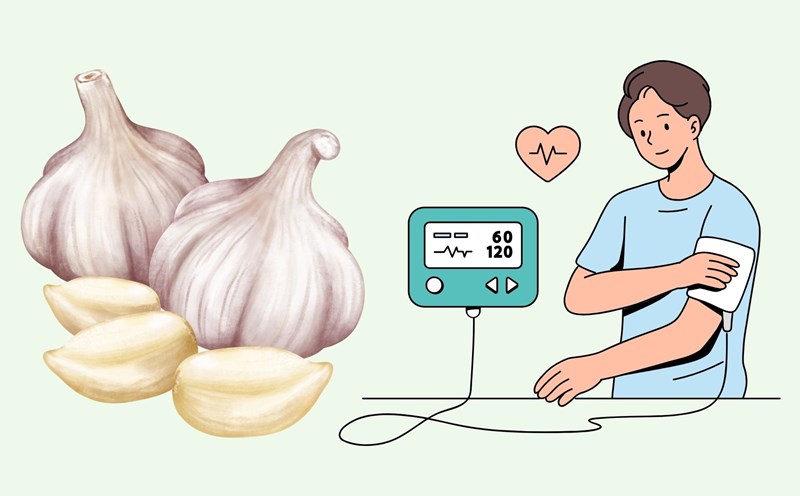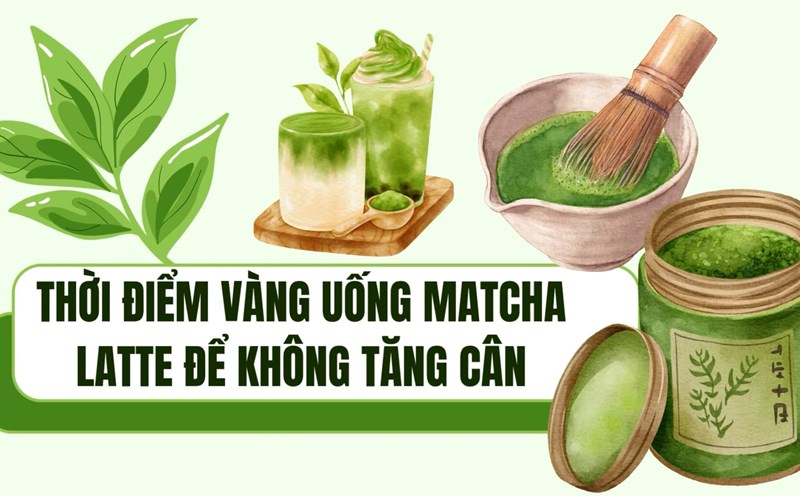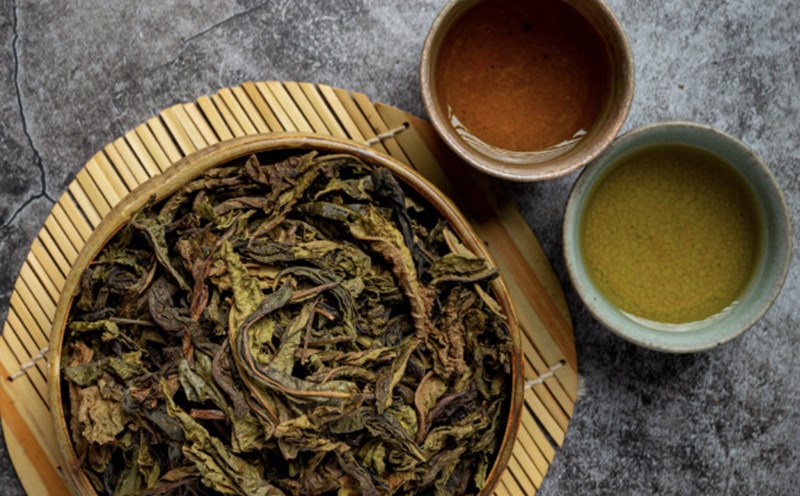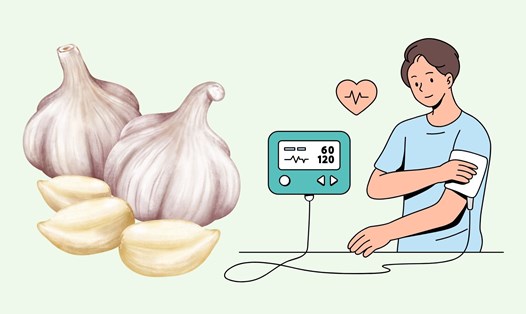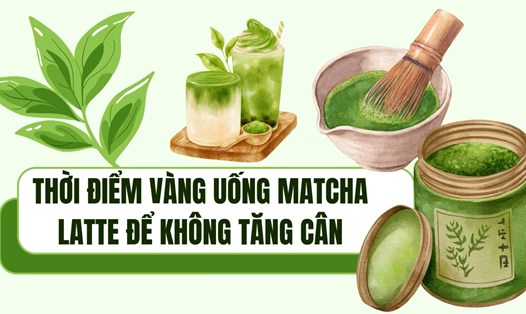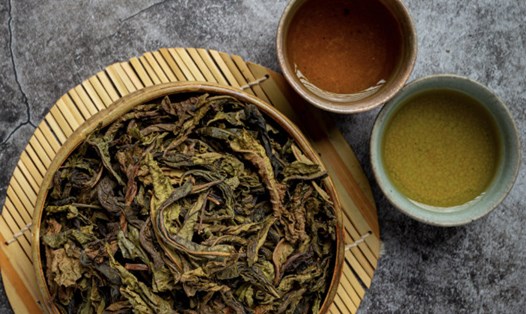Matcha green tea, a smoothie made from young tea leaves, is popular with many people thanks to its health benefits, especially cardiovascular and blood pressure. Studies show that drinking matcha regularly can help reduce blood pressure and improve blood circulation, but this effect is only modest.
According to nutritionist Jonathan Purtell, at NYU Langone Medical Center (USA): Matcha contains many powerful antioxidants, especially EGCG and L-theanine, which help relax blood vessels and reduce stress, two important factors for stabilizing blood pressure.
How does matcha help lower blood pressure?
Matcha contains catechin, a group of natural antioxidants that improve machlar function and reduce oxidative stress, helping blood vessels expand better. Of which, EGCG (epigallocatechin gallate), the most abundant ingredient in matcha, is considered a natural remedy to help lower blood pressure, reduce bad cholesterol and prevent atherosclerosis.
In addition, the amino acid L-theanine in matcha helps the body relax, reduce stress hormones, thereby stabilizing heart rate and blood pressure. Another compound, rutin, also helps strengthen blood vessel walls and supports vitamin C absorption more effectively, contributing to long-term cardiovascular protection.
How much matcha is enough?
According to experts, healthy adults can drink 2 - 4 cups of matcha per day, equivalent to no more than 400 mg of caffeine. Taking too much can cause a rapid heart rate, insomnia, nausea or temporary high blood pressure.
Matcha cannot replace blood pressure medications, but it can be a useful supplement if used properly and combined with a healthy diet, Purtell recommends.
Matcha can interact with some cholesterol-lowering drugs or blood thinners. Therefore, people with underlying diseases should consult a doctor before using it regularly.
Although not a "pharmotherapy", a cup of matcha per day combined with a low-salt diet, adequate sleep and reasonable exercise can help maintain stable blood pressure and a healthier heart.

